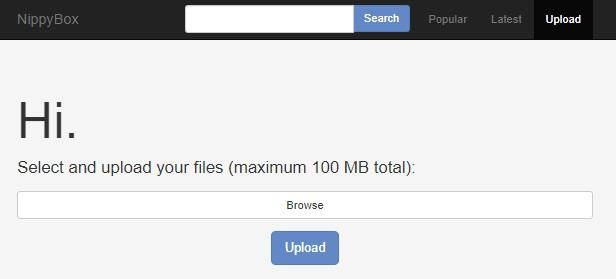Pirate site-blocking has become a prime measure for the entertainment industries to target pirate sites on the Internet.
The practice has been around for over a decade and has gradually expanded to more than 30 countries around the world.
This is also true in France, where The Pirate Bay was one of the first targets five years ago, but not the last. Several site-blocking applications followed, mostly on behalf of the local anti-piracy group La Société Civile des Producteurs Phonographiques, or SCPP as it’s more commonly known.
The organization, which represents over 2,000 music companies, including Warner, Universal, and Sony, is also behind the most recent blocking efforts.
In three separate orders, a Paris court recently ordered Internet providers Bouygues, Free, Orange, SFR, and SFR Fibre, to prevent customers from accessing piracy-linked websites.
The first order is targeted at six relatively small file-hosting services: Nippyspace.com, Nippyshare.com, Yolobit.com, Nippybox.com, Nippyfile.com, and Nippydrive.com. The sites in question all share the same simple design.
The term file-hoster or cyberlocker can have a broad meaning. In this case, the sites also provided a search function, which makes pirated content easier to find. Also, Zippyshare is no stranger to the music industry, as the RIAA previously listed it as a ‘notorious’ pirate site.
While SCPP didn’t respond to our request for comment, the Finnish anti-piracy group TTVK notes that the ruling is unique, as it’s the first court order that requires ISPs to block a file-hosting service in Europe.
“The decision of the French court confirms the view that blocking orders should be available for all pirated content services, regardless of the technology,” TTVK Executive Director Jaana Pihkala says.
The other two orders, which were released on the same day, target the torrent sites Torlock.com, Toros.co, Bittorrent.am, Seedpeer.me, Yggserver.net and Yggtorrent.ch, as well as the linking site 2DDL.vg.
Interestingly, NextInpact notes that the court suggested that the use of the word “BitTorrent” assumes bad intent, as the file-sharing protocol is often associated with piracy. This is rather broad, as there are also many legitimate BitTorrent services.
The orders (1, 2, and 3) are valid for 18 months. The Internet providers will have to pay the blocking costs themselves but did not oppose the orders in court.








